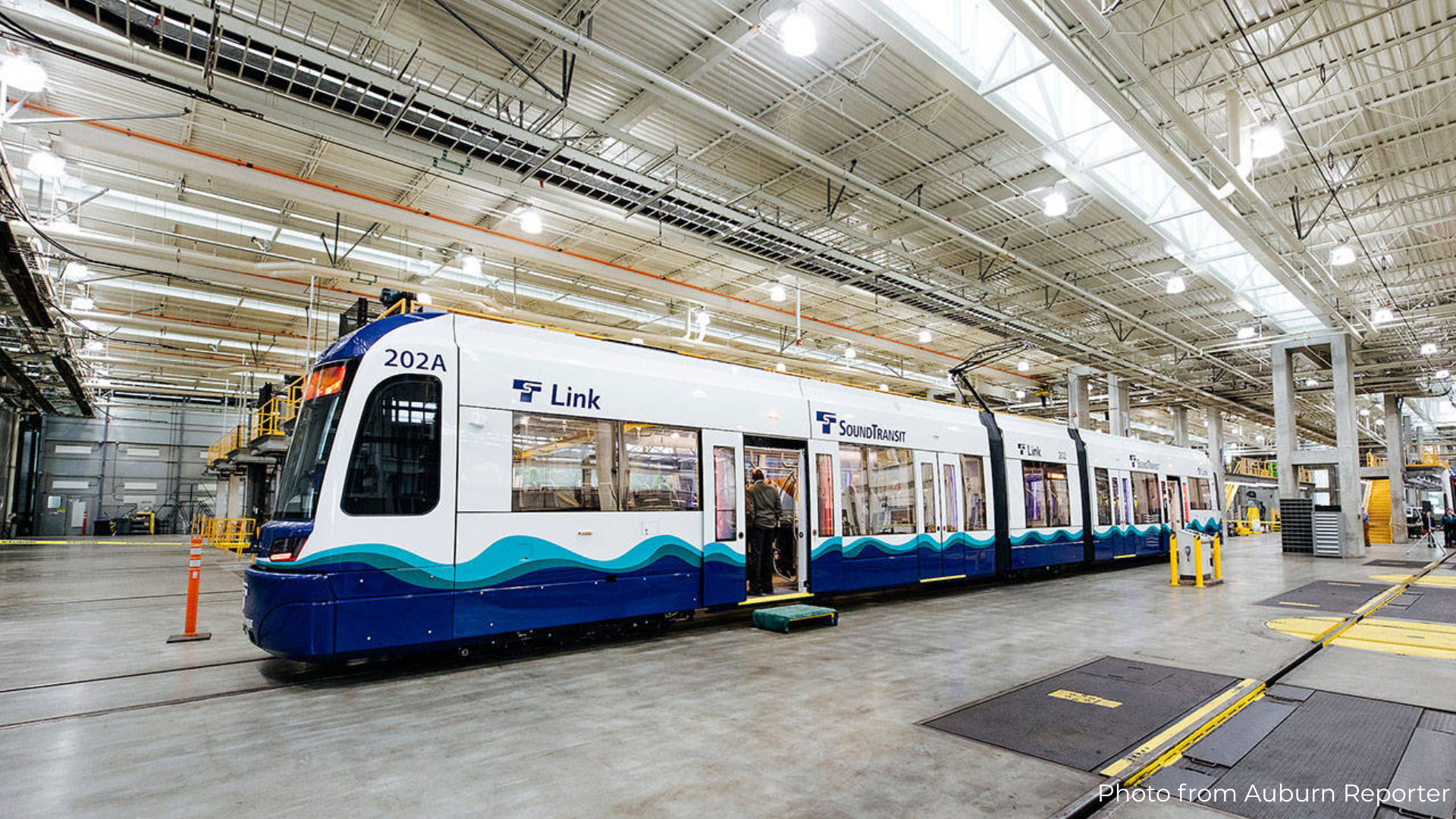After researching and tracking the state’s Road Usage Charge Pilot Project for about a year, I am so excited that now I get to track it even closer as one of 2,000 voluntary participants.
I chose to sign up for the pilot so I would have the opportunity not just to research it from afar, but to experience it first-hand and provide a year-long, detailed account of what it’s like.
As I’ve said before, I think the pilot will be relatively successful because it’s an isolated experiment with a flat 2.4 cent rate, no actual financial transaction, and no political sausage-making to index the rate to inflation or divert the money from drivers to mass transit. These are the problems I expect we’ll experience if the mileage tax is implemented in 2020.
During my enrollment process, I was able to choose from five methods of mileage reporting: 1) “prepaying” for miles driven; 2) submitting odometer readings; 3) installing a device that tracks mileage but not location, therefore charging me for miles driven out of state; 4) installing a device with GPS tracking, which ensures I’m not charged for miles driven out of state; 5) submitting mileage via smartphone app.
In the name of research, I chose the most invasive and undesirable option – GPS-based mileage tracking.
I enrolled my car with the service provider DriveSync, and expect to receive my GPS-enabled plug-in device any day now. Like many folks who are concerned about privacy, I cringe as I write this.
Today I received a notification from the DriveSync app on my phone to submit my initial odometer reading. Once I install the GPS-enabled device in my car, I should begin receiving information about my driving patterns through the app.
Although I am amazed by the technology we have available in the palm of our hands, and although the enrollment process has been simple and user-friendly, it also feels incredibly invasive and surreal.
How do we evaluate the project?
The Washington State Transportation Commission has goals and evaluation measures for the pilot project, which begin on page 29 here. Some of the objectives that stand out include:
- A road usage charge should, to the extent possible, be aligned with Washington’s energy, environmental, and congestion management goals.
- A road usage charge system should respect an individual’s right to privacy.
- A road usage charge system should be costly to evade and easy to enforce.
Participants take surveys throughout the pilot that examine the user experience, and I look forward to sharing my views. However, we think it would be useful to develop metrics of our own, and so I will do that in the coming months.
We will continue to provide updates throughout the pilot, which will last all year.






